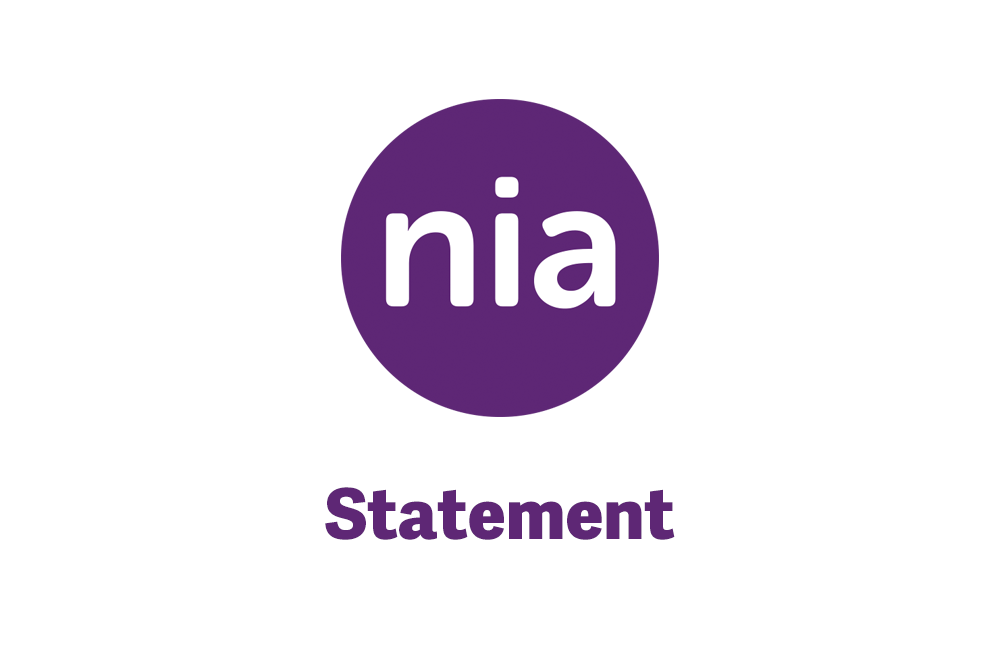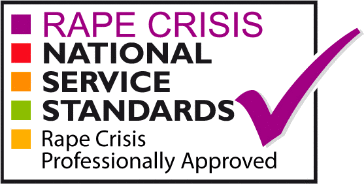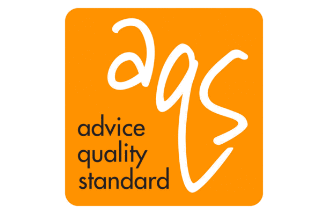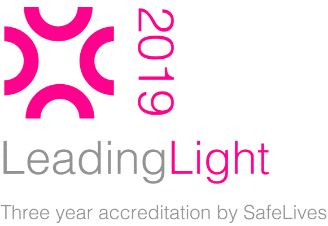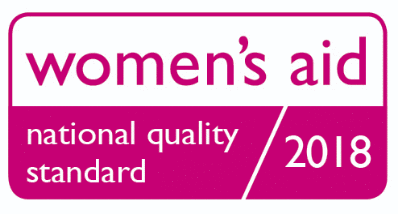Charity welcomes judgement highlighting exploitation in prostitution and holding that there is no “right” to purchase sex.
nia are delighted by today’s significant Court of Appeal ruling.
The original case, Re: C, had held that a care worker could, without fear of committing an offence, procure the services of a person involved in prostitution on behalf of a service user who was consenting, but unable to make such arrangements himself. The Government appealed against this decision and nia, a charity working on violence against women, was pleased to provide an intervention in the case based on their expertise and experience working with women involved in prostitution.
Jodie Woodward, CEO (acting) of nia, said; “We are very pleased with this judgment, it recognises the scale of exploitation and abuse inherent in prostitution, and at the same time is respectful and upholding the autonomy of disabled people. The Judgment is rational and fair in reaching the conclusion that there is no right to purchase prostitution.”
The Judges, whilst recognising the right to a private and family life for disabled people, also recognised that engaging in sexual activity requires the consent of both parties. They recognised that the scale, nature and extent of coercion and abuse in prostitution means it is extremely difficult to exclude the possibility that the services engaged might be being provided under coercion. The judges referenced S53A of the Sexual Offences Act, which set out the purchase of sexual services from a coerced person as a strict liability offence.
“It is an undoubted fact that many of those involved in prostitution have been exploited, for example as victims of modern slavery or trafficked to the United Kingdom. It is the regular experience of the courts to come across such cases in both the criminal and immigration contexts. Interveners before this court (charities called Nia and women@thewell) attest to its prevalence. It is irrelevant to liability under this section whether a defendant knew or had reason to believe that the prostitute in question had been exploited. The section was the subject of debate in these proceedings because although checks made before engaging the services of a sex worker might reduce the risk of committing the offence they can rarely eradicate them altogether.”
The Judges also recognised that it was extremely difficult to assess the scale of coercion even where there may be attempts to do so:
“The charity vets sex workers before allowing them to advertise their services on its website. Anyone may then contact a sex worker to book a service. The judge observed “vetting really implies nothing more, or indeed less, than ascertaining that the sex worker is both respectful to and understanding of the needs and challenges faced by those with disabilities.”
The Judges went on to consider the intention and extent of human rights and discrimination provisions in existing national and international law and found that there was no right to purchase sex and no intention to try to create or enable such a right:
“It is far from surprising that no case of the Strasbourg Court has been cited to us that recognises a human right to purchase the services of the prostitute or to be provided with such services by the state.”
A further argument raised by UK Government was that it was contrary to public policy to promote or facilitate prostitution. The Judges declined to engage on either what government policy was or how well this was articulated in their legislation and policy statements, though they did cite the Home Office Report entitled “Tackling the demand for prostitution: a review” in November 2008 which explained the rationale [of S53A]:
“Under the offence [S53A] it will be irrelevant whether the sex buyer knew that the prostitute was controlled or not… This will also help to achieve the goal of reducing the size of the sex market by sending a clear message that those who pay for sex should consider the potential implications of their actions.”
nia, and a range of organisations working with women involved in prostitution, has long held that UK Government policy on prostitution lacks transparency, is fragmented, contradictory and lacking in any clarity of vision, aspiration or direction in support of women involved in prostitution.
“Will the Government now follow up this decision by clearly backing up what it argued in this case? If it believes, as we at nia do, that prostitution is exploitative and abusive, and if they do not wish to promote or facilitate prostitution as they argue here, then they should make this clear in legislation and policy”.
“nia, argues that women involved in prostitution should not be criminalised. We want to see buyers, pimps, managers and others who benefit from prostitution being held to account. We also, importantly, want to see investment in preventing women and girls entering prostitution and supporting women involved to exit, and to have viable alternatives.”
Woodward said; “The government could have saved itself, and all parties, the time and money involved in this case if it had robustly set out its position to this effect in legislation and policy. We urge them, and support them, to do so now.”
Notes
Judgement in the matter of Re:C, BA/2021/0879 On appeal from the court of protection: Mr Justice Hayden, handed down at 10.30 on 22/10/21
Contact H. Harvey Head of research and development,
[email protected], 07931 998590

